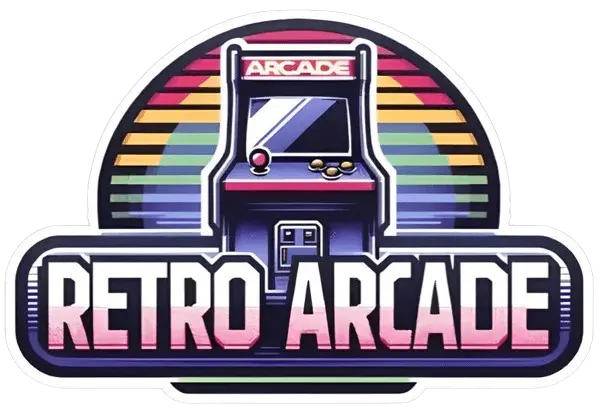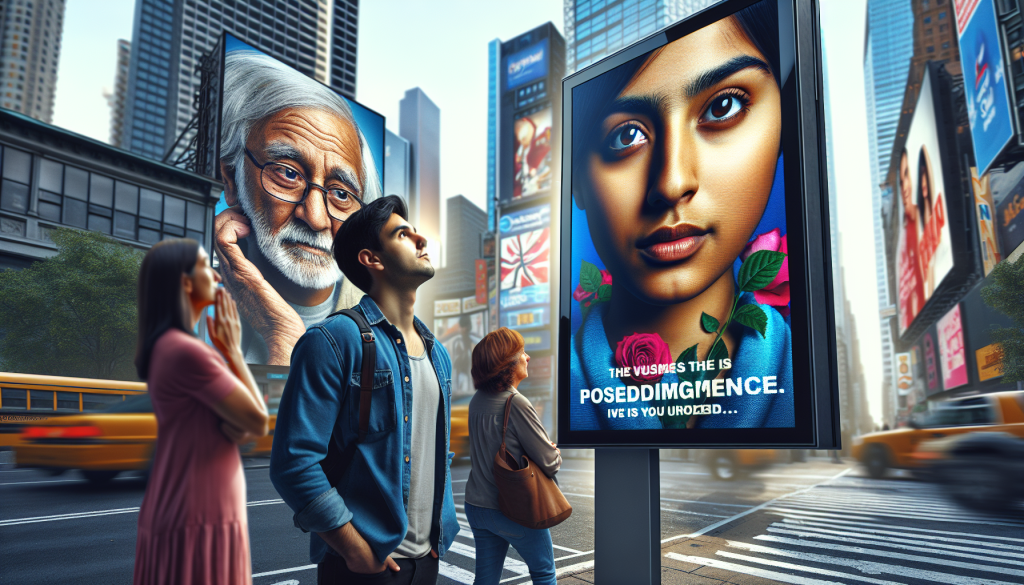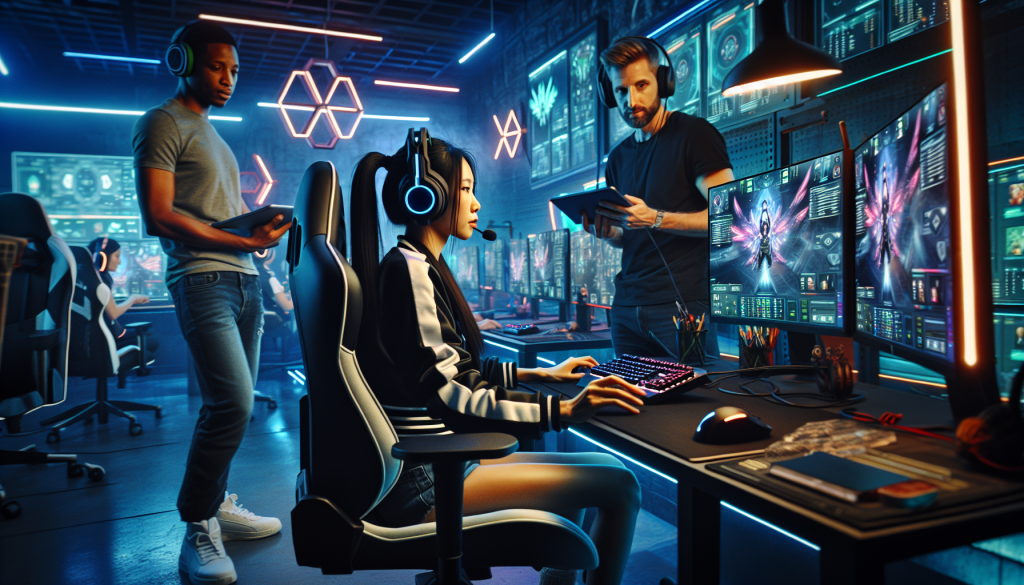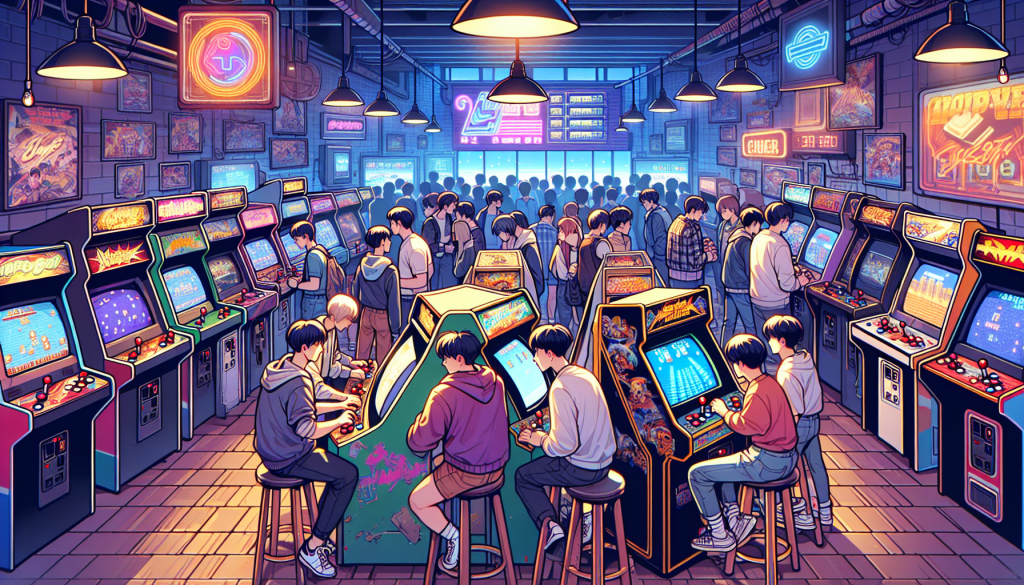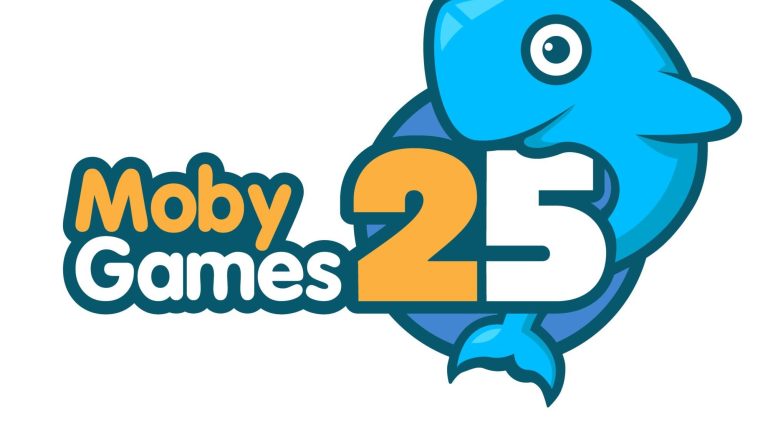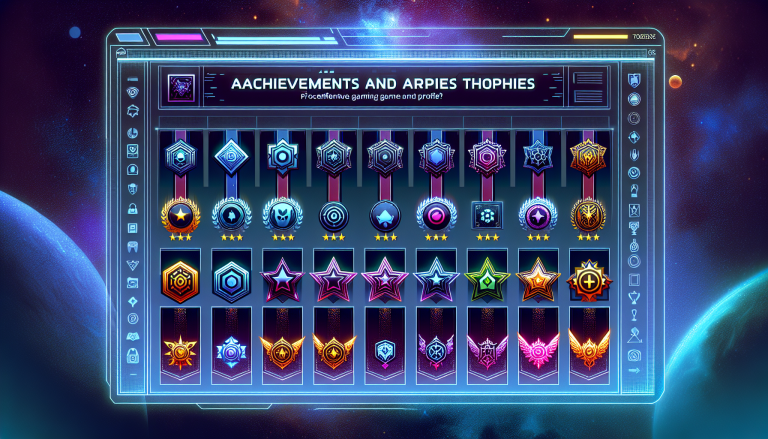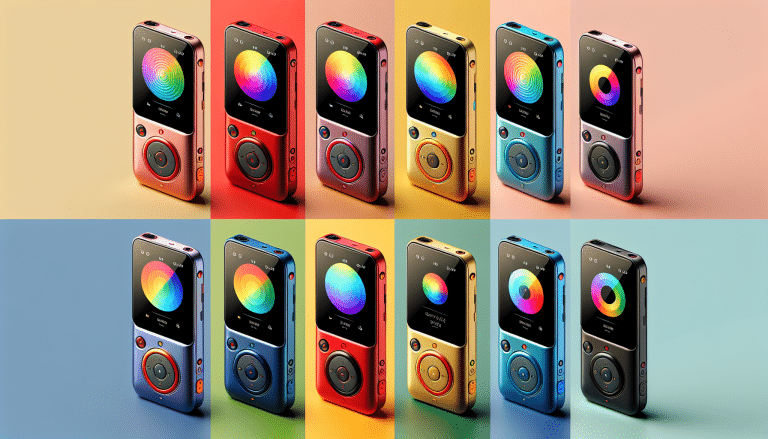Gaming as a Gateway to Stress Relief
Life can be stressful, and finding healthy outlets to unwind and relax is crucial for maintaining good mental health. While some people turn to meditation or exercise, others have discovered the therapeutic effects of video games. Gaming provides a unique and immersive experience that can transport players to different worlds, allowing them to escape the pressures of everyday life.
One of the reasons why gaming is so effective at providing stress relief is its ability to engage players fully. When you’re immersed in a game, whether it’s racing through a virtual city or solving puzzles in a mysterious world, you become fully absorbed in the experience. This level of engagement helps shift your focus away from your worries and anxieties, giving your mind a much-needed break.
Furthermore, gaming offers a much-needed distraction from daily stresses. When you’re playing a game, you enter a different reality where your mind can momentarily let go of real-world concerns. This break from reality allows your brain to recharge and reset, ultimately reducing stress levels.
It’s important to note that not all games provide the same level of stress relief. Research suggests that games that allow for exploration, creativity, and problem-solving tend to be the most effective in reducing stress. Games that offer open-world environments, where you can roam freely and engage in various activities, such as building, crafting, and exploring, provide a sense of freedom and relaxation.
So, the next time you feel overwhelmed or stressed, consider picking up a video game. Allow yourself to dive into a virtual world, where you can leave your worries behind and focus on the challenges and adventures that await. Remember, gaming can be a powerful tool for stress relief, offering a temporary escape and a much-needed break from the demands of everyday life.
Cognitive Stimulation and Skill Development
Gaming isn’t just about having fun and passing the time. It can also offer some amazing cognitive benefits that can help stimulate your brain and enhance your skills. So, if you’re looking for a way to challenge yourself mentally and improve your cognitive functions, gaming might just be the perfect solution.
Boosting Cognitive Functions through Gaming
When you play video games, you’re constantly engaging your brain in various mental tasks. This can have a positive impact on your cognitive functions, such as memory, attention, problem-solving, and decision-making skills. Let’s take a closer look at how gaming can help boost these essential abilities.
- Enhancing Memory and Attention: Games often require you to remember and recall information, such as game rules, character abilities, and strategies. This constant exercise of your memory can improve your overall memory capacity and the ability to retain information in everyday life. Additionally, gaming requires you to stay focused and pay attention to details, which can enhance your attention span and concentration.
- Improving Problem-Solving and Decision-Making Skills: Many video games present complex challenges that require analytical thinking, problem-solving, and quick decision-making. Whether it’s solving puzzles, strategizing in real-time battles, or making split-second choices, these games can sharpen your problem-solving and decision-making abilities. You’ll learn to think critically, consider different options, and make informed decisions under pressure.
By engaging in these cognitive tasks through gaming, you’re giving your brain a workout and keeping it sharp. It’s like going to the gym for your mind!
Accomplishment in Game Progression
One of the most rewarding aspects of gaming is the sense of progress and achievement. As you navigate through the virtual world, overcoming obstacles and mastering new skills, you’ll unlock new levels, earn powerful weapons, or level up your character. Each milestone reached gives you a tangible sense of progress and success.
The journey towards these accomplishments can be challenging, requiring perseverance, problem-solving skills, and strategic thinking. Overcoming these challenges not only boosts your confidence but also enhances your ability to set and achieve goals in your everyday life.
Transferring Success Mindset to Real-Life Challenges
The sense of achievement you experience in gaming can have a positive ripple effect on your real-life endeavors. The same mindset and skills that helped you conquer virtual challenges can be applied to real-world situations.
For example, the problem-solving and decision-making skills honed in gaming can be transferred to problem-solving at work or school. The persistence and determination you demonstrate in completing difficult quests can inspire you to tackle difficult tasks or projects in your personal life.
Additionally, the sense of empowerment you gain from gaming can boost your self-confidence. As you achieve success in the virtual realm, you begin to see yourself as capable of overcoming challenges and achieving greatness. This newfound confidence can translate into improved performance and well-being in various aspects of your life.
Expert Advice
According to Dr. Linda Papadopoulos, a renowned psychologist and author, “Gaming can offer a sense of achievement and empowerment, as players are often rewarded for their efforts and progress. This sense of accomplishment can be a powerful motivator and can positively impact a person’s self-esteem and self-belief.”
Dr. Papadopoulos also emphasizes the importance of recognizing and celebrating achievements in both gaming and real life. She advises, “Take the time to acknowledge your accomplishments, whether it’s defeating a boss in a game or completing a challenging task at work. Recognizing your achievements can further enhance your sense of empowerment and motivate you to continue striving for success.”
Social Connection and Community Building
In the world of gaming, it’s not just about playing a game; it’s about building connections and forming friendships. Gaming offers a unique opportunity for social connection and community building, providing a space where individuals can come together, interact, and develop meaningful relationships.
- 1. Multiplayer Games: Creating Bonds and Friendships
When you play multiplayer games, you have the chance to team up with other players from around the world. Whether you’re strategizing in a battle royale or working together to complete a quest, the shared experience fosters a sense of camaraderie and teamwork. This collaboration can lead to the formation of lasting bonds and friendships, both within the game and beyond. Don’t be surprised if you find yourself exchanging messages, joining gaming communities, or even planning real-life meetups with your fellow gamers. - 2. Online Communities: Finding Like-Minded Individuals
Gaming communities provide a space for gamers to connect and engage with others who share their interests. Whether it’s a forum, a Discord server, or a subreddit dedicated to a specific game or genre, these online communities offer a platform for gamers to discuss strategies, share experiences, and seek advice. Being part of a gaming community allows individuals to connect with like-minded individuals, creating a sense of belonging and support. These communities often become a safe haven where gamers can freely express their passion and excitement for gaming without judgment. - 3. Streaming and Content Creation: Building a Following
With the rise of platforms like Twitch and YouTube, gaming has evolved beyond just playing the game itself. Many gamers have taken to streaming their gameplay or creating content around their gaming experiences. This not only allows them to showcase their skills and entertain others but also provides an avenue for building a following and interacting with an audience. Viewers can engage through live chat, cheering for their favorite streamers, and even becoming part of a supportive community centered around the streamer’s content. Gaming streams and content creation offer a unique way to connect with others who share a love for gaming and can foster a sense of community among both the creators and their fans. - 4. Virtual Reality (VR) and Social VR: Immersive Social Experiences
The emergence of virtual reality (VR) technology has taken social connection in gaming to a whole new level. VR allows players to enter immersive virtual worlds where they can interact with others in real-time. Social VR platforms like VRChat and Rec Room enable users to meet, chat, and play games with people from all over the globe, creating a sense of presence and shared experiences. These virtual social spaces provide an opportunity for players to socialize, attend virtual events, and participate in activities that mimic real-life interactions. Whether it’s attending a virtual concert or playing a game of virtual basketball with friends, VR enhances social connection in gaming by offering a more immersive and interactive experience.
Video games have proven to be more than just a form of entertainment; they are now being integrated into clinical settings as a tool for mental health treatment and therapy. This innovative approach, known as “gamification,” harnesses the power of gaming to improve the well-being of individuals struggling with various mental health conditions.
- 1. Gamification of Therapy Techniques
Incorporating gaming elements into traditional therapy techniques is an effective way to engage patients and enhance their treatment experience. Therapists may use game mechanics such as rewards, levels, and progress tracking to motivate individuals to actively participate in their therapy sessions. By making therapy feel like a game, it can become more enjoyable and less intimidating for patients, ultimately leading to better outcomes. - 2. Virtual Reality (VR) and Exposure Therapy
Virtual reality technology has opened up new possibilities in mental health treatment. By immersing individuals in a virtual environment, therapists can create controlled and safe situations for exposure therapy. For example, someone with a phobia of heights can be gradually exposed to virtual heights, allowing them to confront their fears in a controlled and supportive setting. Virtual reality can also be used for relaxation and mindfulness exercises, helping individuals manage stress and anxiety.
By leveraging the immersive and interactive nature of video games, therapists can provide a more engaging and tailored treatment experience. Gaming allows for personalized interventions and real-time feedback, which can be particularly beneficial for individuals with attention and motivation difficulties.
In a study published in the Journal of Medical Internet Research, researchers found that the gamification of therapy techniques led to increased user engagement and motivation, ultimately improving treatment outcomes. Participants reported a greater sense of empowerment and enjoyment during their therapy sessions, leading to increased adherence and progress.
It’s important to note that while gaming can be a valuable tool for mental health treatment, it should always be used as part of a comprehensive and individualized treatment plan. Therapists and mental health professionals are trained to assess the appropriateness and effectiveness of using gaming as a therapeutic intervention. The integration of gaming into therapy is a collaborative process between the therapist and the individual, with the ultimate goal of promoting well-being and recovery.
In conclusion, the integration of video games into mental health treatment and therapy is a promising and innovative approach. Gamification of therapy techniques provides a fun and engaging way for individuals to actively participate in their treatment, leading to increased motivation and better outcomes. Virtual reality technology further enhances the therapeutic experience, allowing for immersive and controlled exposure therapy. However, it is important to remember that gaming should always be used in conjunction with professional guidance and as part of a comprehensive treatment plan.
Gamification of Therapy Techniques: Making Therapy Fun and Interactive
One of the ways gaming is being integrated into therapy is through the gamification of therapy techniques. Traditional therapy methods can sometimes feel tedious or overwhelming for patients, making it difficult for them to fully engage and benefit from the process. By incorporating elements of gaming, therapists can make therapy sessions more interactive, enjoyable, and engaging.
For example, therapists may use game-based interventions to teach coping skills, problem-solving strategies, and emotional regulation techniques. These interventions can be in the form of interactive games or mobile applications that allow patients to practice these skills in a fun and immersive way. By gamifying therapy, patients are more likely to actively participate, stay motivated, and apply what they learn to real-life situations.
Virtual Reality (VR) and Exposure Therapy: Confronting Fears in a Safe Environment
Virtual reality (VR) technology has revolutionized the field of exposure therapy, which is a type of therapy used to treat anxiety, phobias, and post-traumatic stress disorder (PTSD). With VR, therapists can create virtual environments that mimic real-life situations that trigger anxiety or fear in patients.
By exposing patients to these virtual scenarios in a controlled and safe environment, therapists can guide them through the process of confronting their fears and anxieties. The immersive nature of VR helps patients feel as though they are truly present in the situation, allowing them to practice coping mechanisms and gradually desensitize themselves to their fears.
For example, a person with a fear of flying can use VR to simulate being on an airplane, experiencing takeoff, turbulence, and landing. The therapist can guide the patient through relaxation techniques and cognitive restructuring exercises to help them manage their anxiety. Over time, repeated exposure to these virtual scenarios can lead to a reduction in fear and an improvement in overall mental well-being.
The Future of Gaming in Therapy: Expanding Possibilities
As technology continues to advance, so does the potential of gaming in therapy. Virtual reality is just one aspect of gaming that is being explored, with other innovations on the horizon. For example, augmented reality (AR) and motion-sensing devices could offer new avenues for interactive and immersive therapeutic experiences.
Additionally, the use of artificial intelligence (AI) in gaming therapy holds promise for personalized treatment approaches. AI algorithms can analyze gameplay data and provide insights into a patient’s cognitive and emotional functioning, allowing therapists to tailor interventions to individual needs.
In conclusion, the integration of gaming in clinical settings is a rapidly evolving field with immense potential for mental health treatment and therapy. By gamifying therapy techniques and utilizing virtual reality, therapists can create engaging and effective interventions that enhance therapeutic outcomes. As technology continues to advance, the possibilities for gaming in therapy are only expected to grow, opening up new avenues for healing and well-being. So, don’t be surprised if your therapist suggests picking up a controller or strapping on a VR headset during your next session – it might just be the game-changer you need on your journey to better mental health.
As an affiliate of Amazon and other retailers, we may earn a small commission when you buy via our links, at no additional cost to you. Thank you!
